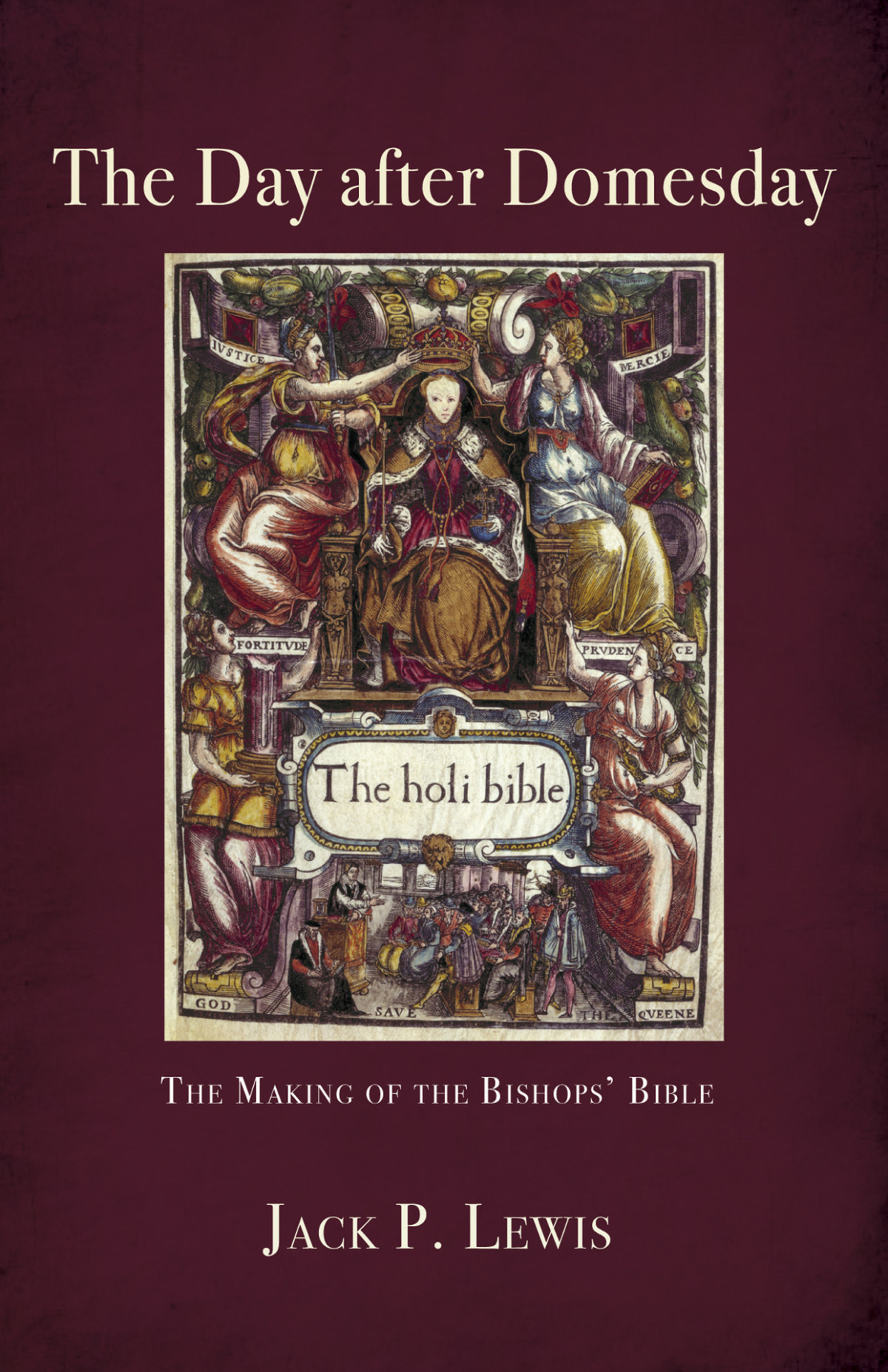

Most ebook files are in PDF format, so you can easily read them using various software such as Foxit Reader or directly on the Google Chrome browser.
Some ebook files are released by publishers in other formats such as .awz, .mobi, .epub, .fb2, etc. You may need to install specific software to read these formats on mobile/PC, such as Calibre.
Please read the tutorial at this link: https://ebookbell.com/faq
We offer FREE conversion to the popular formats you request; however, this may take some time. Therefore, right after payment, please email us, and we will try to provide the service as quickly as possible.
For some exceptional file formats or broken links (if any), please refrain from opening any disputes. Instead, email us first, and we will try to assist within a maximum of 6 hours.
EbookBell Team

4.4
102 reviewsThough more than four hundred years have elapsed since the Bishops' Bible was first published in 1568, its story has never been adequately told. No book-length evaluation has been published, and no adequate bibliography is available for guidance in studying this least known of the Tudor-period Bibles. This neglect is surprising in that Shakespeare's earlier plays reflect his use of the Bishops' Bible and that the Bishops' Bible was used by the translators of the King James Version as the basis for their revision. This study depicts the religious, literary, and intellectual atmosphere that produced the Bishops' Bible, describes its place in sixteenth-century translations, re-evaluates its contribution to the study of the English Bible, and investigates the history and qualifications of the men invited to participate in the translation project. Attention is given to the artwork, the most elaborate of any in first editions of early English Bibles, and to the notes designed to correct the objectionable Calvinistic notes of the Geneva Bible. A presumption that the bishops would not prepare a better Bible until "a day after domesday" gives the title to this study--The Day after Domesday.
**
About the AuthorJack P. Lewis (1919-) received PhDs from Harvard University and Hebrew Union, was Senior Fellow at the W. F. Albright Institute of Archaeological Research, Jerusalem, Israel (1982-83), and is Professor Emeritus of Harding School of Theology, Memphis, Tennessee. Lewis served as translation consultant and editorial committee member for the New International Version. He has authored numerous articles and books, including The English Bible from KJV to NIV (1981).